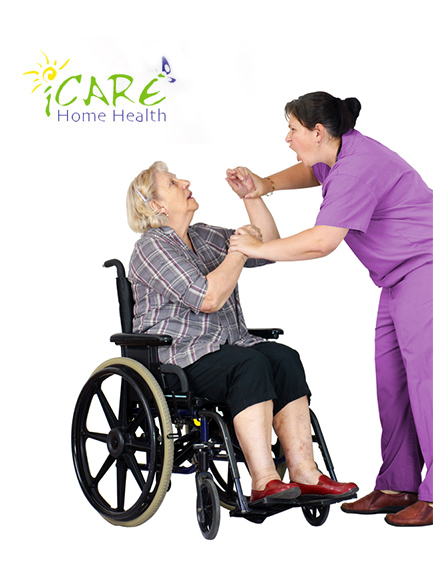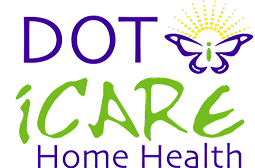Confronting the Darkness of Elder Abuse

Sometimes we need to talk about the things in the dark we would rather ignore. As June recognizes World Elder Abuse Awareness Day (WEAAD), it is important to take the time to address a problem in our society that does not often receive the attention it deserves: elder abuse.
In Canada, one third of all people accused of violent crimes against people 65 and over was related to the victim.[1] The actual number is higher as victims will not always report the crime. Some seniors are not fully aware of the abuse taking place; others might not report for cultural reasons; others do not want their loved ones going to jail; finally, some seniors are just scared.
Forms of abuse that are common against seniors include: physical, sexual, and emotional. Financial abuse, the stealing or misappropriation of money or property is another form of elder abuse. This can often be committed by the person acting with the power of attorney. Neglect, the denial of basic human needs, is also a form of abuse. Finally, seniors can sometimes be denied life choices which would be a violation of their rights and freedoms.
Warning Signs of Abuse
If the victims aren’t sounding an alarm, it can be difficult to know abuse is taking place. But, there can be some tell-tale signs if you are looking closely.
- Physical abuse can usually be the easiest kind to spot. Any lacerations, marks, or bruising that cannot be properly explained may be an indicator especially if they are in an unusually place like the face, chest, or extremities. Seniors are prone to falling down, but if the injuries are consistent then there may be another factor. Unexplained and constant “accidents” that result in broken bones and bleeding can also be a sign.
- Emotional abuse can be revealed by the way someone speaks to a senior. If an individual is verbally cruel or insulting to a loved one in the company of others, then how do think they might act if no one is watching. Pay attention to how the senior reacts to the person. Are they frightened? Does their behaviour change when this person is around? If so, abuse may be taking place.
- Neglect is another form of abuse that can be easy to spot. Is the senior inexplicably losing weight? Do they look like they are being fed enough? Are they receiving medicine that is necessary for them? Are they attending regular doctor appointments?
What To Do
Unless the victim is in immediate danger, do NOT confront the abuser. It could make things much worse and allow the accused time to cover their tracks. If possible, speak to the senior to get a better understanding of the situation. If this cannot happen, contact the proper authorities. Trust your instincts; if something feels wrong, it usually is.
It is important to care for our loved ones and give them the help they may need. They should feel comfortable in their own homes. That’s why you should consider iCare Home Health. Serving Oakville, Burlington, Mississauga, and Toronto, iCare Home Health will provide premier home care to your loved one. Our packages include meal preparation, medicine maintenance, general care needs, dementia and Alzheimer care, and live-in caregivers. Contact us today to find how we can provide service for your loved one.

